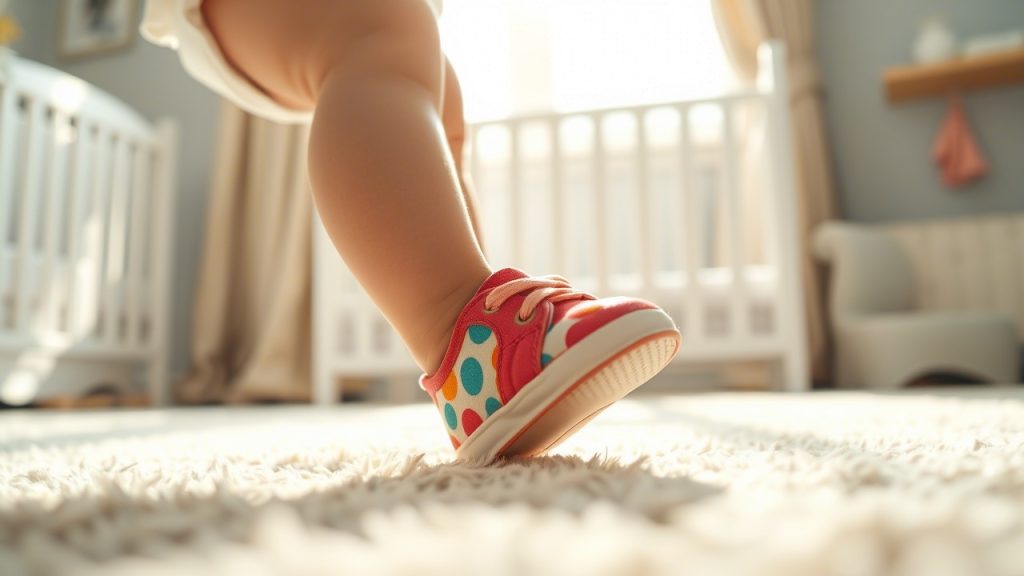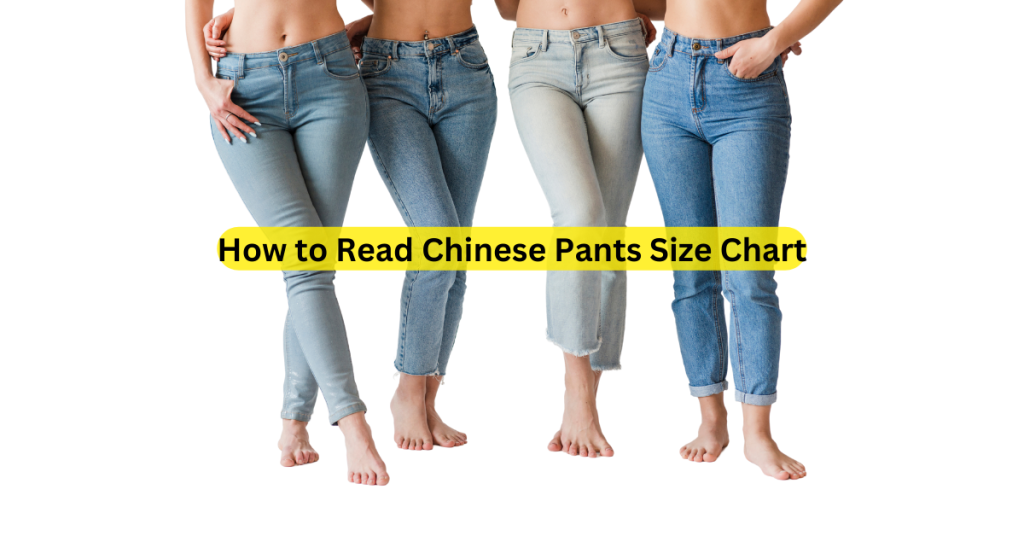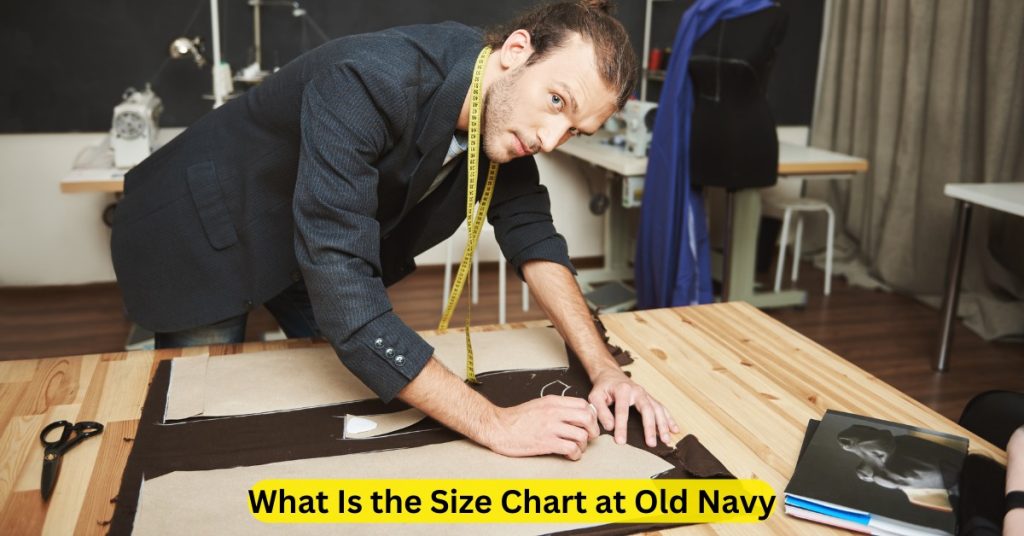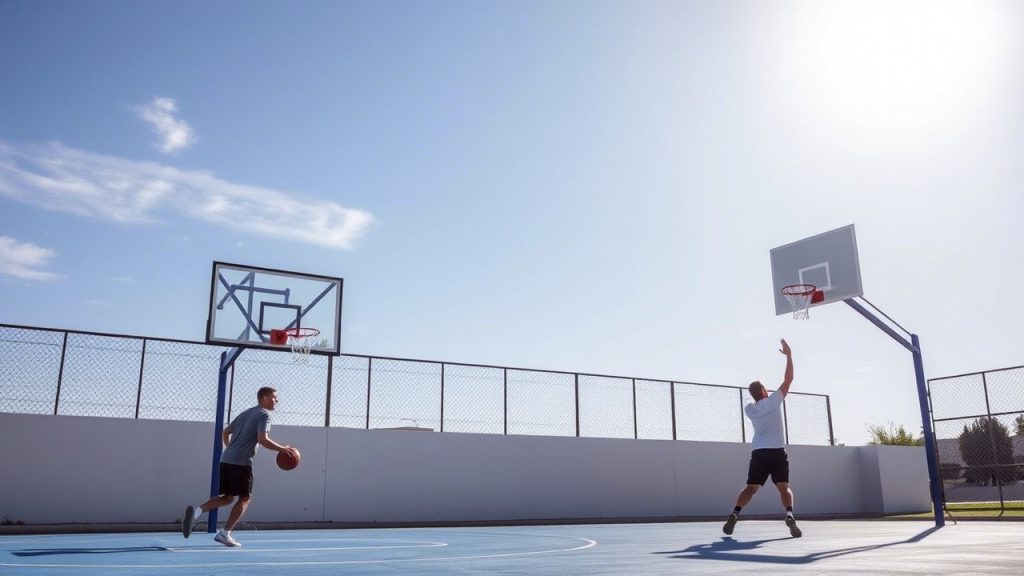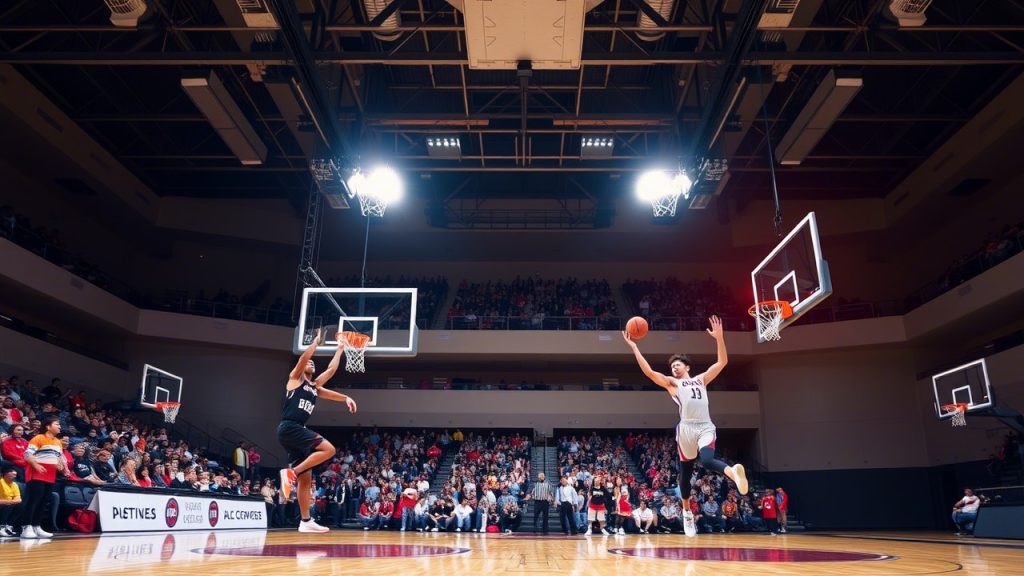When toddlers take their first steps, it’s an exciting milestone for both children and parents. Choosing the right footwear during this stage is crucial to help toddlers walk confidently and comfortably. Proper toddler shoes can make the difference between wobbly, unsure steps and strong, confident strides.
We’ll explore the 7 best toddler shoes to encourage confident walking. Each recommendation focuses on important factors like flexibility, support, comfort, and design. We’ll also cover what to look for in toddler shoes and answer 7 frequently asked questions to help you make the best choice for your little one.
Why Choosing the Right Toddler Shoes Matters
Toddler feet are still developing. Bones are soft, arches are forming, and muscles are strengthening. The wrong footwear can restrict natural movement, cause balance issues, and even lead to future foot problems.
The best toddler shoes support natural foot development while allowing toddlers the freedom to explore the world around them.
7 Best Toddler Shoes to Encourage Confident Walking
Here’s a detailed look at the best shoes to promote natural, confident walking for toddlers:
1. Stride Rite Soft Motion Frankie Sneaker
Why it’s Great
Stride Rite is a trusted brand when it comes to toddler footwear. The Soft Motion Frankie Sneaker is specially designed for first walkers, encouraging natural motion with a lightweight and flexible sole.
Features
- Rounded edges to reduce stumbles
- Memory foam footbed for comfort
- Hook-and-loop closure for easy on/off
- APMA (American Podiatric Medical Association) approved
Best for
Everyday wear, daycare, and beginner walkers.
2. See Kai Run Stevie II First Walker Sneaker
Why it’s Great
See Kai Run designs footwear that mimics barefoot walking, promoting balance and strength. The Stevie II Sneaker offers the perfect blend of protection and flexibility.
Features
- Wide toe box for natural splay
- Flexible rubber outsole
- Breathable canvas or leather upper
- Lightweight and flexible
Best for
Active toddlers ready for indoor and outdoor adventures.
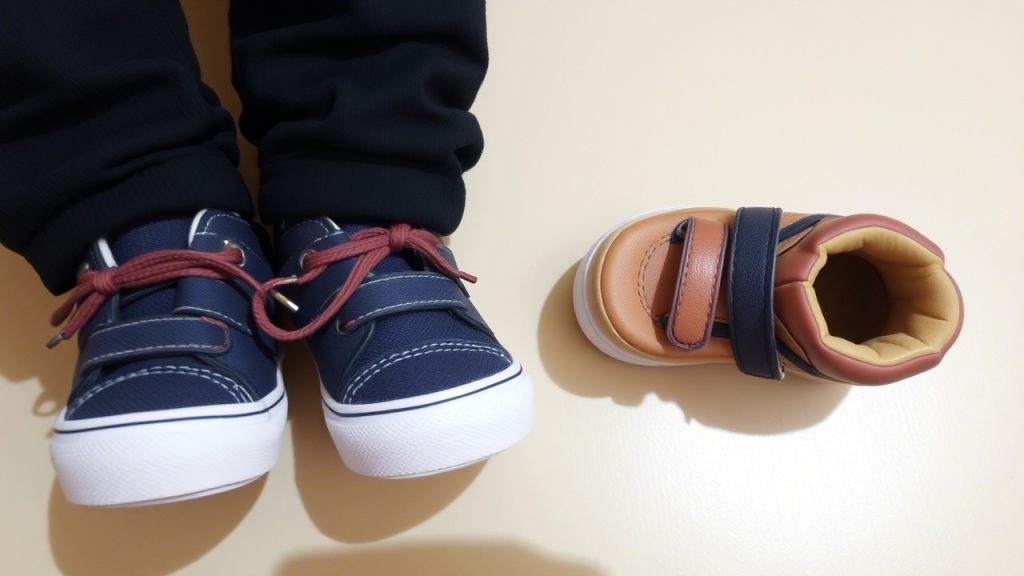
3. Pediped Originals Grip ‘n’ Go Shoes
Why it’s Great
Pediped Originals are specifically created for transitioning toddlers. They provide just the right amount of support while encouraging a natural gait.
Features
- Leather soles with slip resistance
- Flexible rubber for confident strides
- Adjustable Velcro strap
- APMA Seal of Acceptance
Best for
Indoor play and structured walking practice.
4. Nike Flex Advance Baby/Toddler Shoes
Why it’s Great
Nike brings their performance technology to toddler shoes with the Flex Advance. It’s designed for easy movement and all-day comfort.
Features
- Flexible grooves for natural movement
- Cushioned midsole for support
- Wide opening for easy slip-on
- Breathable mesh upper
Best for
Toddlers who love to run, jump, and explore.
5. Robeez Soft Sole Slip-On Shoes
Why it’s Great
Robeez are the gold standard for “barefoot-feel” shoes that allow natural development. They offer protection without restricting movement.
Features
- Soft suede sole for maximum flexibility
- Elasticized ankle for a secure fit
- Breathable leather or fabric upper
- Pediatrician-recommended
Best for
Indoor use, light outdoor activities, and early walkers.
6. Livie & Luca Ruche Mary Jane Shoes
Why it’s Great
For parents looking for stylish yet functional shoes, Livie & Luca offers beautiful designs with the flexibility toddlers need.
Features
- Soft leather upper
- Flexible rubber sole
- Padded heel collar
- Adjustable Velcro strap
Best for
Dressy occasions and casual everyday wear.

7. New Balance Kids’ 574 Core Hook and Loop Sneaker
Why it’s Great
New Balance offers a toddler version of their classic sneaker that supports balance, strength, and comfort.
Features
- Durable rubber outsole
- Hook-and-loop closure for a snug fit
- Cushioned insole for comfort
- Lightweight design for easy movement
Best for
Active toddlers and preschool prep.
What to Look for When Buying Toddler Walking Shoes
Choosing the right shoes for toddlers goes beyond brand names. Here’s what parents should focus on:
Flexibility
Shoes should bend easily at the ball of the foot. Flexibility allows natural foot movement and helps toddlers build strength.
Lightweight Construction
Heavy shoes can tire out tiny legs quickly. Always choose lightweight materials to promote longer, confident walking sessions.
Proper Fit
Shoes should have enough room for toe movement without being too loose. There should be about a thumb’s width between the toe and the end of the shoe.
Supportive Design
Look for cushioned soles and slight structure around the heel for stability. Avoid stiff soles that limit natural movement.
Breathable Materials
Leather, mesh, and canvas are great for letting little feet breathe and preventing sweating.
Easy Closure
Velcro straps or wide openings make it easier for toddlers to put on and take off their own shoes, building independence.
7 Frequently Asked Questions
1. When should my toddler start wearing walking shoes?
Once your toddler begins walking independently outdoors, you should get them supportive shoes. Indoors, it’s often best for toddlers to walk barefoot or with soft-soled shoes.
2. How often should I replace toddler shoes?
You should check your toddler’s shoe fit every 2-3 months. Kids’ feet grow quickly, and worn-out shoes can lose their supportiveness.
3. Are soft-soled shoes better than hard-soled ones for toddlers?
Yes, soft-soled shoes are better for early walkers because they allow the feet to flex and move naturally, helping develop balance and strength.
4. How can I tell if a shoe fits properly?
There should be about a thumb’s width of space between your toddler’s longest toe and the front of the shoe. Also, ensure the shoe isn’t too tight around the sides or heel.
5. What material is best for toddler shoes?
Leather, breathable mesh, and flexible rubber are ideal. These materials are durable yet allow enough air circulation to keep feet healthy.
6. Are high-top shoes better for ankle support?
Not necessarily. While high-tops can offer some ankle coverage, most toddlers don’t need extra ankle support unless recommended by a pediatrician.
7. How many pairs of walking shoes does a toddler need?
Typically, having 2-3 pairs — one for everyday play, one for special occasions, and one backup — is ideal to rotate and allow shoes to air out.
Final Thoughts
Helping your toddler walk confidently isn’t just about practice; it’s also about providing the right support. The best toddler shoes — like the Stride Rite Soft Motion Frankie, See Kai Run Stevie II, or Pediped Originals — combine flexibility, comfort, and protection.
Choosing shoes that fit well and promote natural walking can empower your child to explore their world with excitement and stability. Always prioritize flexibility, lightweight materials, and proper fit to encourage strong, confident steps.
As your toddler’s walking skills develop, the right shoes will give them the foundation to run, jump, climb — and conquer every playground they encounter.

